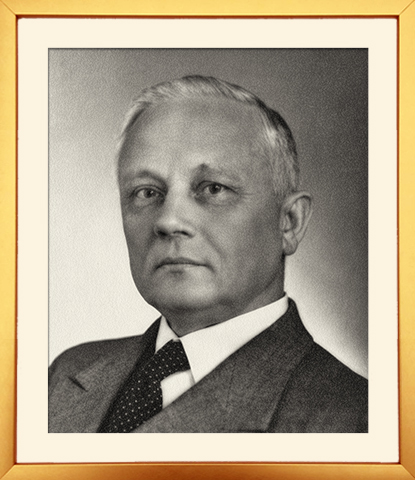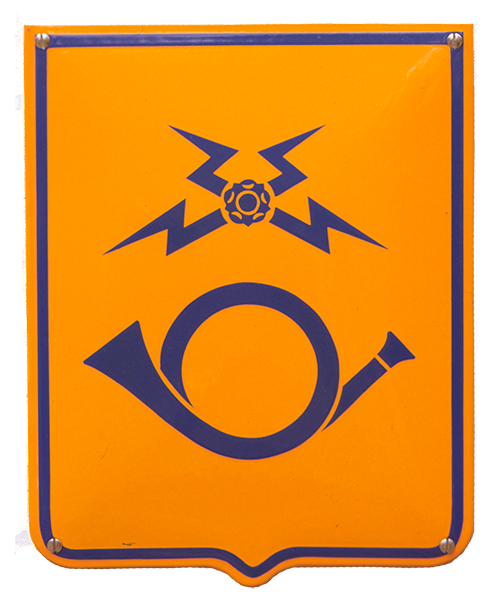



Photo: Atelier Rembrandt
Ahola (1894–1967) was politically neutral, though leaned more to the right. The government unanimously agreed on his appointment. Ahola had good relations with many politicians, including President Kekkonen, and he was very interested in social issues. Ahola was supposed to dismantle bureaucracy in the Postal Services and fill the posts with Finnish-speaking employees. Despite Ahola being reformist and it being an era of intense development, not many reforms took place. He also held other posts, such as Chairman of the Supervisory Board of the Finnish Broadcasting Company. Ahola was a democratic, convivial, flexible and informal leader. He was happy to delegate tasks, especially to the trustworthy Oiva Saloila, and when he retired, Saloila became the new Director general.
Ahola was born in Alavus and started his career in the civil service at the Vyborg railway station. While working, Ahola studied at the secondary school and passed the matriculation exam in 1923. He became a lawyer in 1932. Ahola worked as a clerk for the State Railways and a department secretary at the Railway Administration. He joined the Ministry for Transport and Public Works in 1935.
